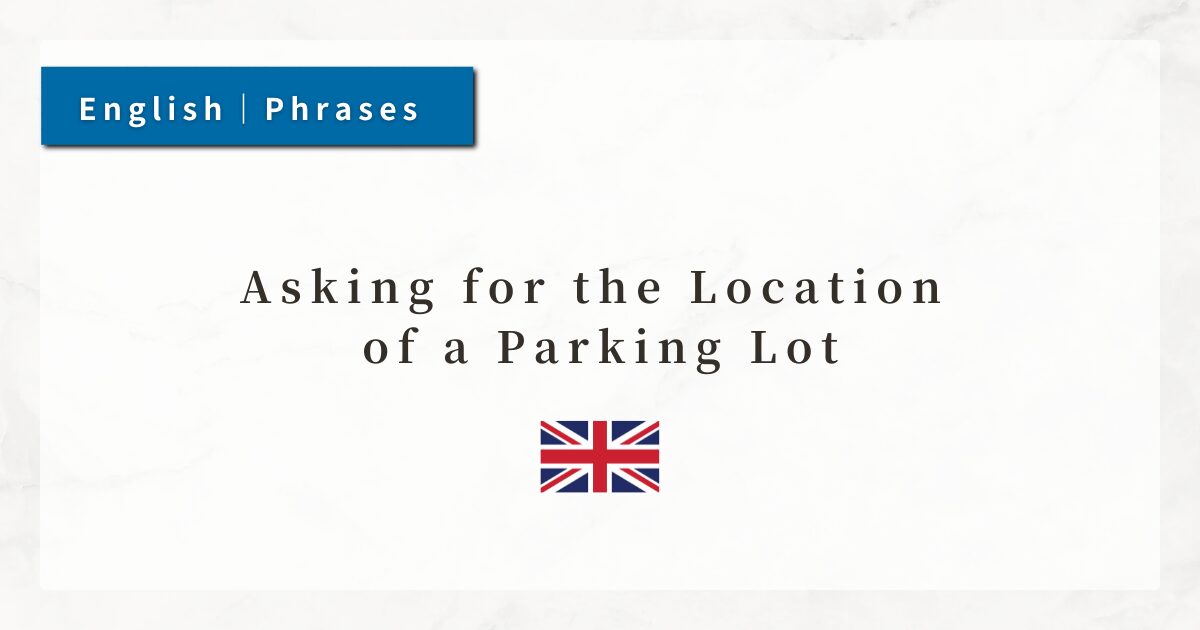#3 Looking for a Book in a Store|English Shopping Expressions

When traveling or studying abroad, you may want to stop by a bookstore and look for local books.
Whether it is a guidebook, a novel, a language textbook, or a picture book as a souvenir, finding the exact book you want in a large bookstore is not always easy.
At such times, if I can approach a store clerk and say in English, “I’m looking for a book called ~,” I will be guided smoothly to the right section.
In this lesson, I will introduce useful English expressions for looking for books in a bookstore, phrases to ask about specific genres, and tips for making polite inquiries.
Dialogue

Excuse me, I’m looking for a book called “The London Secret.”

Let me check… Yes, we have it. It’s in the fiction section, over there.

Great! Do you have it in paperback?

Yes, we have both hardcover and paperback.

I’ll take the paperback one. Thank you.

You’re welcome. Let me know if you need anything else.
1. The Grammar of “I’m looking for ~”
The expression “I’m looking for ~” means “I am searching for ~.”
The verb look by itself means “to see,” but look for has the different meaning of “to search for” or “to seek.”
- I’m looking for a book.
→ I am in the process of searching for a book.
Because it uses the present continuous tense (be + verb-ing), the action of searching is understood as happening right now.
2. How to Use “called ~”
The word “called” is a past participle meaning “named” or “known as.” It is often used to describe or identify a noun.
- a book called The London Secret
This structure is frequently used when giving specific names in English.
Although “named” can be used in the same way, “called” is more common in everyday conversation.
3. How to Use “Do you have it in paperback?”
This polite question asks whether a specific item (in this case, a book) is available in a particular format or version.
- Do you have it in hardcover?
- Do you have it in blue?
Here, “in” does not mean “inside” but rather “in the form of” or “in the type of.”
- Paperback:
Lightweight, inexpensive, with a soft cover. - Hardcover:
More durable, with a firm cover, and usually more expensive.
4. Polite Service Expression
The phrase “Let me ~” means “Please allow me to ~.” It is a polite way of offering assistance.
- Let me see.
- Let me help you.
- Let me find it for you.
Compared with “I’ll check ~,” this sounds softer and more courteous, which is why it is often used in customer service English.
5. Polite Follow-Up
The phrase “Let me know if you need anything else.” is a polite way to close the conversation, meaning “Please tell me if you need anything else.”
- Let me know if you have any questions.
- Let me know if you want a bag.
This expression is frequently heard in hotels, restaurants, and shops. It is very practical for travelers to know.
Summary
- I’m looking for a book called ~.
→ A standard way to state the title you are looking for. - Do you have it in paperback?
→ A polite way to ask if a specific format is available. - Let me check.
→ One of the most common phrases in customer service English. - Let me know if you need anything else.
→ A very useful phrase for politely closing a conversation.






